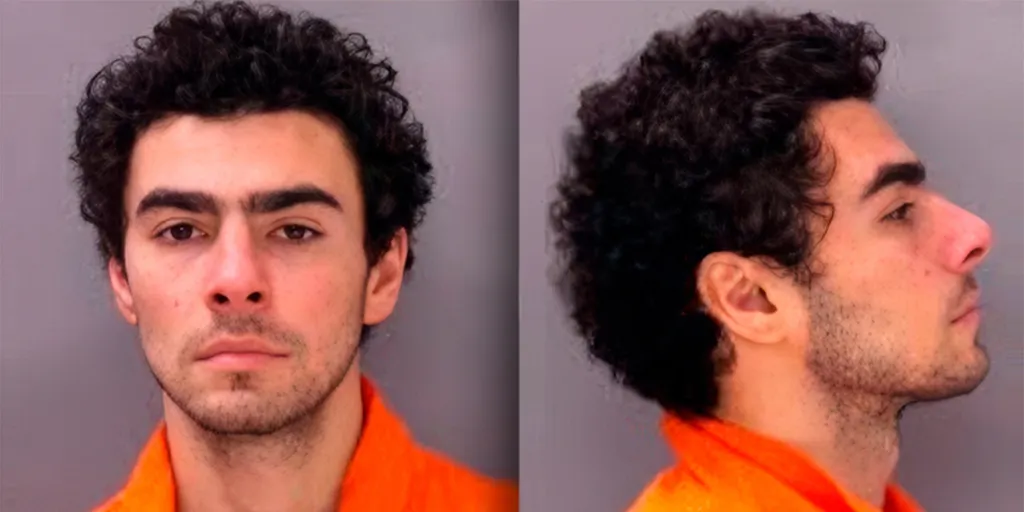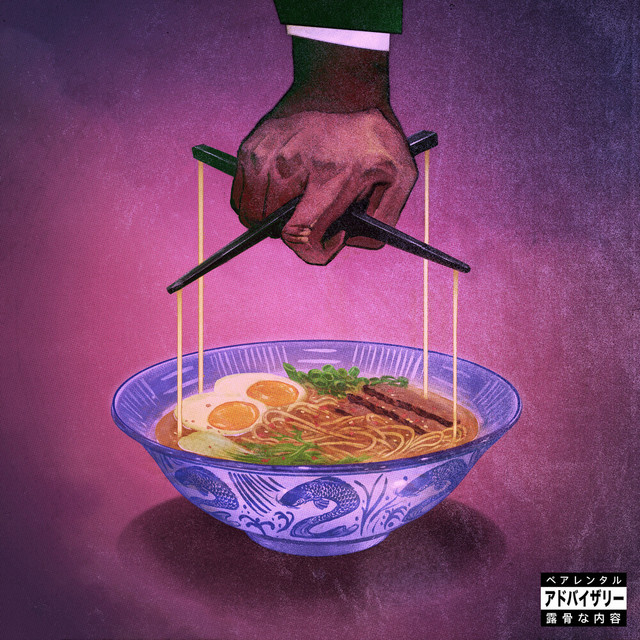Politicians should never be afraid to save the lives of their constituents.
The assassination of United Healthcare CEO Brian Thompson was a cruel and politically unwise act of violence. We at The Voyager undoubtedly condemn this attack. At the same time, many people fail to understand that acts of political violence cannot be prevented by ignoring the issues that drove people to commit them, especially when that act is as popular as Luigi Mangione’s.
According to a Dec. 2024 poll by Emerson College, 41% of voters aged 18-29 found the killer’s actions “acceptable,” with 24% considering the assassination “somewhat acceptable” and 17% “completely acceptable.” Along party lines, 22% of Democrats found the killing acceptable compared to 12% of Republicans.
Approval ratings this high for an act of homicide are shocking. While Republicans are presumably the party of small government and private business, more than 1 in 10 Republican voters surveyed hold such strong hatred and disdain for this private healthcare corporation that they find the murder of its CEO to be morally acceptable.
Democrats claim to be the party of gun reform, but over 1 in 5 Democratic voters surveyed found the shooting to be acceptable, as well.
A popular argument following this assassination claims that politicians should not pass legislation increasing access to healthcare at this time, because it sends the message that political violence is an effective tool to force the government to follow the will of those who commit them.
To understand the flaw in this argument, it’s necessary to understand Mangione’s motivation, and why so many Americans disapprove of United Healthcare and its CEO so strongly.
According to the Commonwealth Fund, U.S. patients spend far more on healthcare than anywhere else in the world and yet have the lowest life expectancy out of any other large, wealthy country.
National Health Expenditure (NHE) “grew 7.5% to $4.9 trillion in 2023, or $14,570 per person, and accounted for 17.6% of Gross Domestic Product,” as the Centers for Medicare & Medicaid Services (CMS) stated. Private health insurance spending grew 11.5% to $1,464.6 billion in 2023 or 30 percent of total NHE, CMS continued.
When the median annual income in 2022, according to the United States Census Bureau, was $37,585, spending $14,570 on preserving or protecting one’s health is insane.
Americans are constantly put into situations in which they are forced to live with mild to severe injuries or diseases because they cannot afford to get treatment. Or, in other cases, go into severe, even life-ruining debt. According to the Consumer Financial Protection Bureau, roughly 100 million Americans owe over $220 billion in medical debt.
Living in a radical system pushes people to hold radical beliefs, and take radical action. Mangione chose United Healthcare, more specifically its CEO, as the target for his raging anger.
Of course, people should be directing their passion towards less destructive, more constructive measures–protesting, contacting elected officials, running for office, to name a few–but there will always be a radical few who will take that same anger that so many hold and allow it to drive them to do something horrendous.
To mitigate that risk, the root of the problem must be examined. It is no secret that Americans hate their healthcare system. If politicians were to refuse donations from major healthcare corporations and pass legislation working towards healthcare reform, that would be the most effective way to prevent “copycats” of Mangione. But, even more significantly, improved access to healthcare would be a net positive for Americans as a whole–not just the multi-millionaires and billionaires.








